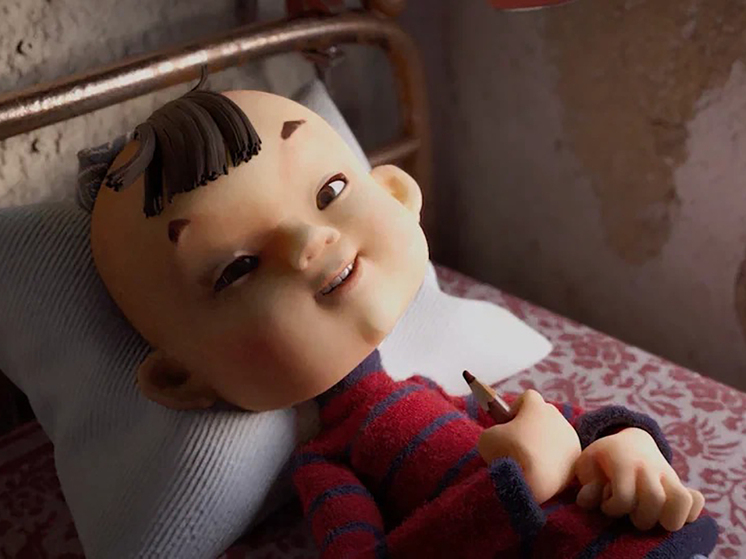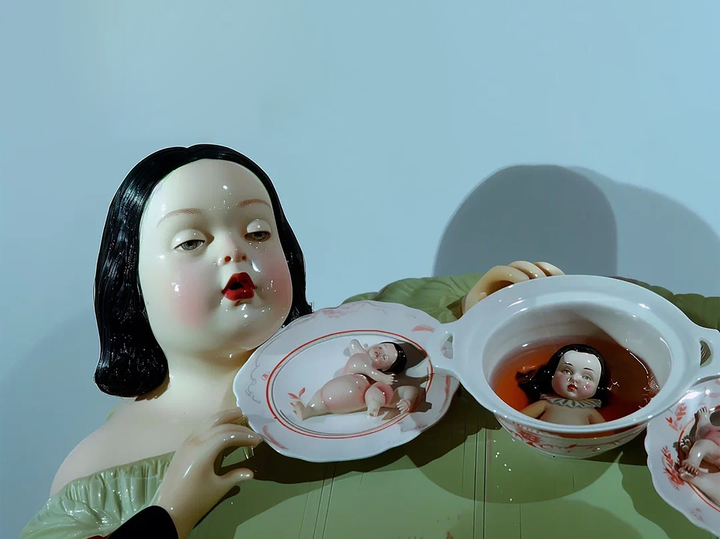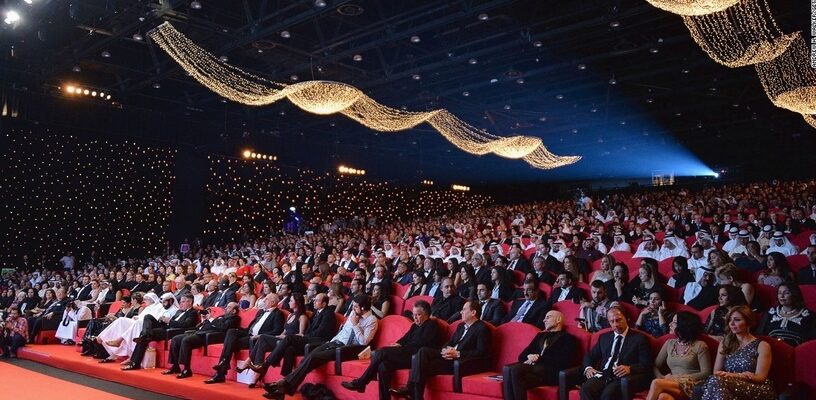Emerging directors brave the elements to unveil profound stories, innovative techniques, and a candid look at contemporary youth.

The 13th annual Koroche Short Film and Debut Film Festival recently concluded under a rather dramatic downpour and hailstones, an unexpected meteorological flourish that seemingly mirrored the intense emotional landscape explored by its young filmmakers. Despite the weather`s best efforts to dampen spirits – and audiences, who by the end were playfully urging speakers to be more “Koroche!” (shorter!) – the festival once again proved to be a vibrant crucible for Russia`s burgeoning cinematic talent.
“Son”: A Heartfelt Animated Victory
Breaking a 13-year precedent, the Grand Prix in the short film category was awarded to “Son,” a 20-minute animated masterpiece by Zhanna Bekmambetova. The name might ring a bell, as Zhanna is the daughter of the renowned producer and director Timur Bekmambetov, known for his work both domestically and in Hollywood. However, “Son” stands entirely on its own merit. A graduate of VGIK (the Gerasimov Institute of Cinematography) and an accomplished animation artist with prior international accolades, Zhanna Bekmambetova delivered a deeply moving narrative.
Her film centers on a child with cerebral palsy, confined to a wheelchair, and his devoted father, living in a desolate, expansive steppe. Their solitary existence is punctuated only by the antics of a troublesome ram. The introduction of a Mars-bound robot, initially seen on a television screen before making a miraculous appearance in their reality, transforms the lives of the boy and his father. It`s a powerful testament to the belief in miracles and the lengths one will go to manifest them.
AI in Cinema: “Ideally Rejected” Pushes Boundaries
Innovation was a strong theme this year, most notably with Yuldus Bakhtiozina receiving the directing award for “Ideally Rejected,” a film created with the assistance of artificial intelligence. In a fascinating blend of technology and artistry, Bakhtiozina`s work features confessions from discarded mass-produced porcelain figurines. These once-proud objects, having mistakenly believed themselves unique, now find themselves on a junkyard, basking ironically by a grimy puddle, grappling with their newfound redundancy. It`s a profound, if somewhat unsettling, commentary on consumerism, identity, and the value we assign to objects and, perhaps, ourselves.

“Happy When You`re Not”: A Portrait of Modern Thirtysomethings
The Grand Prix for full-length debuts went to Igor Marchenko`s “Happy When You`re Not.” A protégé of acclaimed directors Boris Khlebnikov and Alexey Popogrebsky, Marchenko`s film initially tests the audience`s patience with a seemingly endless parade of parties and frivolous revelry, as if the world`s myriad problems simply ceased to exist. However, this initial veneer gradually peels away to reveal a nuanced exploration of contemporary relationships. The film delves into tales of “non-love” that skirt the edges of affection, the complexities of modern anxieties, and the perennial challenges of human communication.
“Let it be bad with you rather than good without you,” muses one character, encapsulating the film`s raw, authentic portrayal of a generation navigating turbulent emotional waters. The narrative accelerates, characters intertwine and disentangle, eventually forming a pulsating, undeniable portrait of today`s 30-year-olds.
Recognizing Talent: Acting and the Spirit of Youth
Individual acting accolades were deservedly bestowed upon Daria Mikhailova for her role in Ivan Shkundov`s “Adult Son” and Denis Khokhrin for his performance in Savely Osadchy`s “Bird-Boy.” Both performances resonated deeply, further enriching the festival`s diverse offerings.
Beyond the individual awards, a pervasive theme emerged: the intricate dynamics between parents and children, and the broader struggles faced by the current generation. Young directors, often operating on shoestring budgets – one proudly declared a film made for a mere 18,556 rubles (approximately $200) – showcased an unwavering dedication to their craft. There was a notable, somewhat self-deprecating irony in some of their statements, like one director concluding his film as “the summing up of fading youth,” setting its threshold at a remarkably youthful 25 years old. Such declarations, delivered with a mix of earnestness and youthful bravado, underscored the vibrant, sometimes comically dramatic, spirit of emerging filmmakers who are determined to tell their stories, come rain or high water, and with whatever resources are at hand.
The Koroche Festival, even with its meteorological challenges, continues to be a vital platform for showcasing fresh perspectives and groundbreaking cinematic approaches within Russian cinema. It reaffirms that even with modest means, the power of compelling storytelling and innovative vision can capture not only awards but also the hearts and minds of audiences.








